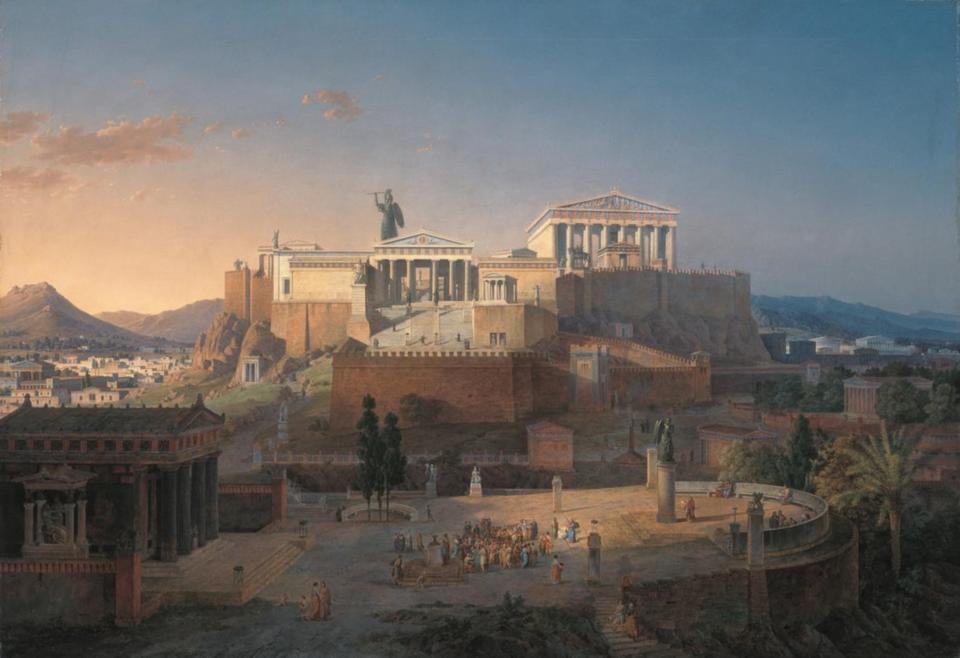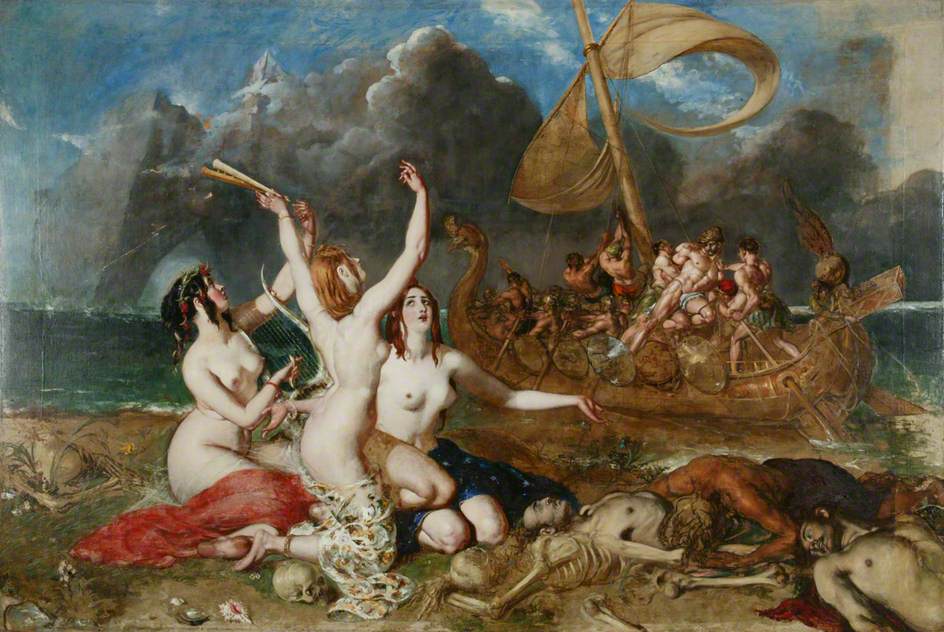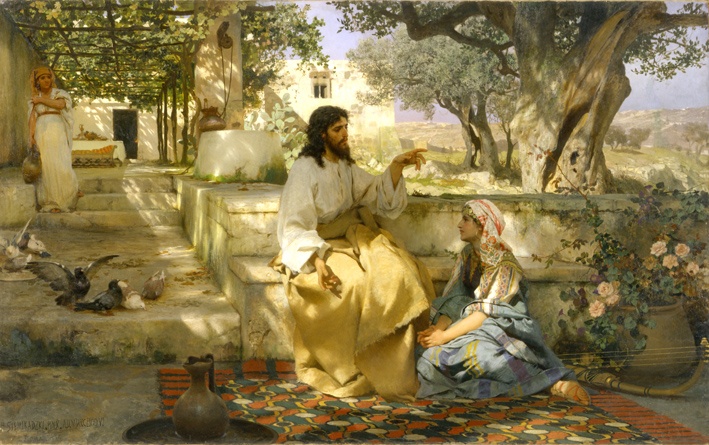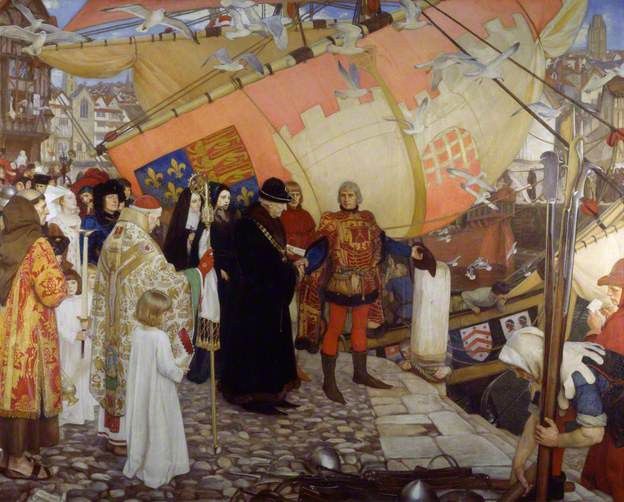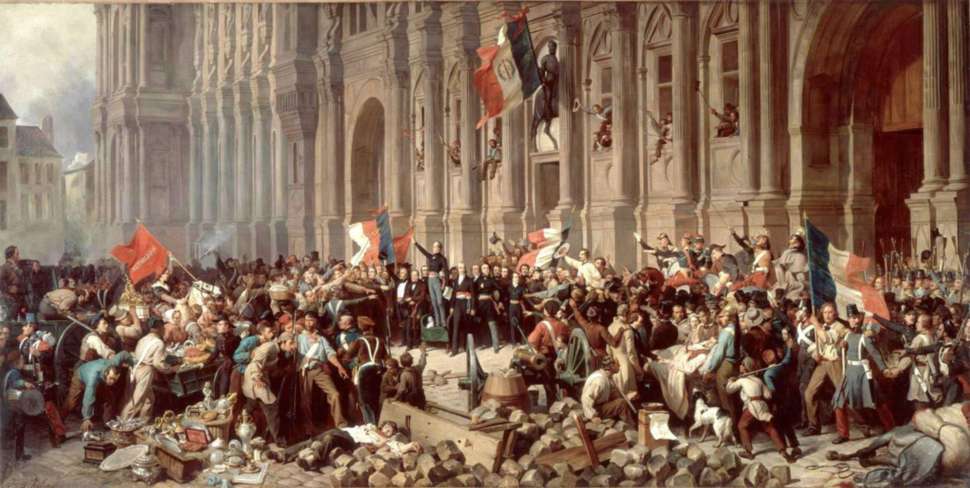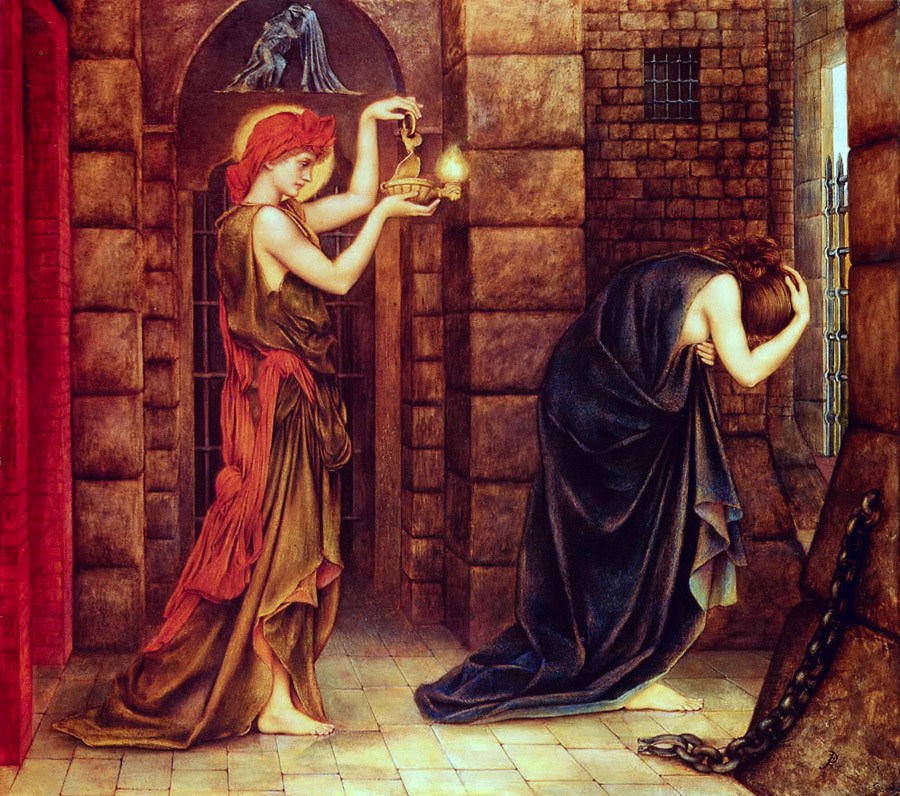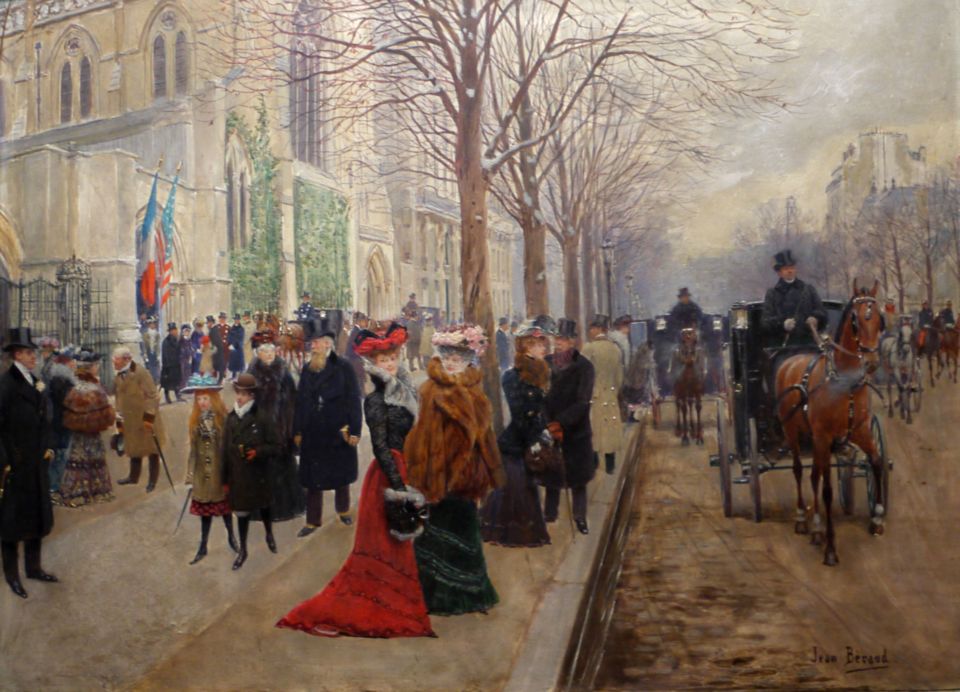The twin ideas of “uniqueness” and “culture” undergo considerable transformation in the Classical context.
In the common perception, cultures become unique because they are self-contained and as a result understand reality in a distinct fashion. And this distinction serves as a “cultural marker” which creates identity.
A culture, then, is a set of ideas which produces meaning both on the macro and micro levels and as a result cultures are tightly bound with space and time.
This suggests that each culture needs continual affirmation of its own geography and history, its own context, in order to continue to remain viable as the producer of meaning.
Remove this context and a culture becomes meaningless, nothing more than a nostalgic, romanticized construct that individuals cling to in order to garner difference, which is only the quest for exoticism, that is, the postponement of reality.
Can a culture remain viable without context, without its geography and history? This question leads to a very effective critique of social experiments such as multiculturalism and plurality.
And this question also helps explain why most cultures have not been very successful in transplanting themselves into newer contexts, and need the help of political will to even remain viable.
Multiculturalism, for example, first and foremost, is a legal and political configuration (namely, social engineering). It is not the result of human beings living next to each other for a long time. Nor is it the result of communal consent.
Because of its close link with context, a culture either succeeds or it fails, in that a culture is only successful as long as its users need it. Once the need is removed, the culture fails.
No culture is sacrosanct, because each culture is instrumental, pragmatic, and utilitarian, since its primary function is to make sense of contextual reality.
The romantic view imagines culture to be innate – on par with DNA – and therefore untouchable, beyond critique. This sadly has led to nonsensical notions such as “appropriation,” “acculturation,” “assimilation,” which render culture as some monolith that demands respect rather than change.
This is the influence of postmodernism that places plurality, or fragmentation, as the only kind of response possible in a world where nothing exists outside the text, to paraphrase the infamous Jacques Derrida.
Are people made for culture, or is culture made by people? Why should a culture be preserved if it ceases to provide meaning for people, if it becomes uselsss? People change, so must culture.
Why should a culture be preserved by political decree, if it effectively paints people into ideological, even behavioral corners? Should a culture be preserved even if it becomes a prison?
Classical civilization offers us some hope of answering these difficult, yet necessary, questions. And it can do so because from the earliest time a distinct habit of mind developed among the ancient Greeks – a habit that sought to transcend space and time in order to regard the outside world not with condescension or fear – but with curiosity and therefore understanding and acceptance.
This attitude is discernible from the earliest times. Homer does not give the Trojans the worthlessness of an enemy foolishly standing up to the mighty Greeks (we have only to compare, for example the nearly contemporary depictions of the Egyptian pharaoh, Ramses II, as he heroically slays the Libyans, Syrians, Hittites and the Shardana who appear as mere foils for Ramses’ battle prowess. No need for moderation here).
But the Trojans are noble and heroic in equal proportion to the Greeks. Moreover, they consistently show dignity, whereas the Greek heroes often exhibit greed, anger, lust and pride..
Thus, the Trojans are often better than the Greeks, because Homer is not a cheerleader but the first explorer of what human dignity means, a dignity which rises far above petty claims of culture and genes.
In Book VI (253–300) of The Iliad, just before engaging in single combat with Glaucus, who fights for the Trojans, the Greek Diomedes learns that they are both, in fact, friends from long ago, and he plants his spear in the earth as a sign of peace, and the two exchange armor to signify their bond of friendship.
Enmity, difference, is easily transcended by good ideas (here, friendship).
In the Greek dramatists as well, we find characters such as Medea, the Trojan women, and even Lysistrata who actively embody strategies of greater self-reflection – not simply what it means to be Greek – but what it means to be a human being. And more importantly, what it means to be a civilized, dignified human being.
Socrates summarizes this in Plato’s Apology: “Thus, even now I still go around seeking these things, and in accordance with the god, I search after anyone, whether fellow citizen or foreigner, whom I think is wise.”
Dignity alone unites humankind.
There is a need to recognize kinship rather than difference. More interestingly, Plato’s Socrates suggests that for wisdom to be truly wisdom, it must necessarily be universal; it must always be free of space and time. This grants wisdom eternity.
There is also a rather radical suggestion here – that wisdom once discovered should be widely shared; it should not be hoarded as an ethnic heirloom, or worse a racial fetish (which is what multiculturalism promotes).
This is further confirmed and clarified in The Meno, where Socrates states: “all human beings are good in the same way, for by achieving the same goals they become good.”
It is Greeks who first understand that there is a great unity to humanity, in that people are bound by the same pursuit – happiness through virtue.
And in Plato’s Protagoras, this idea finds its fullest exposition when Socrates declares: “I regard you all as kinsmen, familiars, and fellow-citizens — by nature and not by convention; for like is by nature akin to like, while convention, which is a tyrant over human beings, forces many things contrary to nature.”
This is the tyranny of multiculturalism, in that it is legitimized and legalized convention.
The true place of human beings is not in the confines of context (time and space), but more importantly in their participation in universality.
Culture is a convention and this it becomes cruel. It is not nature. And what is said of Diogenes the Cynic serves as a summary of, and a launching point for, the discussion of the Classical concept of universality: “When he was asked where he came from, he replied, ‘I am a cosmopolitan, a citizen of the world.’” The word to note is “cosmopolitan” – a citizen of the universe.
Thus, human brings belong to the entire world, not to specific cultures.
A fragment of Antiphon the Sophist reads: “…by nature we are all, both barbarians and Greeks, born to be alike in all respects. We can examine those features of nature that are necessarily in all men and are provided to all to the same degree, and in these respects none of us is distinguished as barbarian or Greek. For we all breathe the air through our mouths and through our nostrils….”
The Eleatic philosophers sought to understand the underlying unity of things despite the infinite variety of forms. This began the first discussion of universalism, which is the transcendent man.
A fragment quotation of Melissus of Samos states something similar: “Now if it is, it must be one.” And further elaboration is given by Empedocles: “The same things become hair and leaves and dense feathers of birds and scales on stout fish.”
Thus, there is an ancient pedigree to universalism, which lead to the Greek discovery of reason, which needs no geography or history to exist. And reason sees the underlying unity of all mankind.
Ideas can only be universal if they are freed from context and therefore become adaptable and adoptable. But are all ideas worthy of such grandeur? No. Only those ideas that yield civilization.
And civilization means just one thing – where the mind, physical ability, and moral virtue are given full and fearless freedom of expression to fashion excellence.
There have, indeed, been many organized societies, which often get called, “civilizations;” yet none of them understood the necessary bond of freedom with excellence, which then could be extended to all human beings.
Only the Greeks were able to arrive at this point, and only the Greeks could then codify this process and spread it in the world, because they first discovered universal ideas.
This was the greatest gift of the ancient Greeks to the world.
The character of Greek ideas (liberty, individuality, reason) is such that it is transformative, wherein rises an awareness of the true contours of civilized life.
How shall “the new Renaissance”come about? Look no further than the ideas contained in ancient Greek works.
Start with Homer, then engage with Plato and Aristotle, the Greek dramatists, and then delve into the Bible (which many, sadly, do not realize is also part of ancient Greek literature).
In these works alone is found the very definition of the good life. The world is a wasteland without them.
